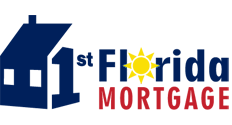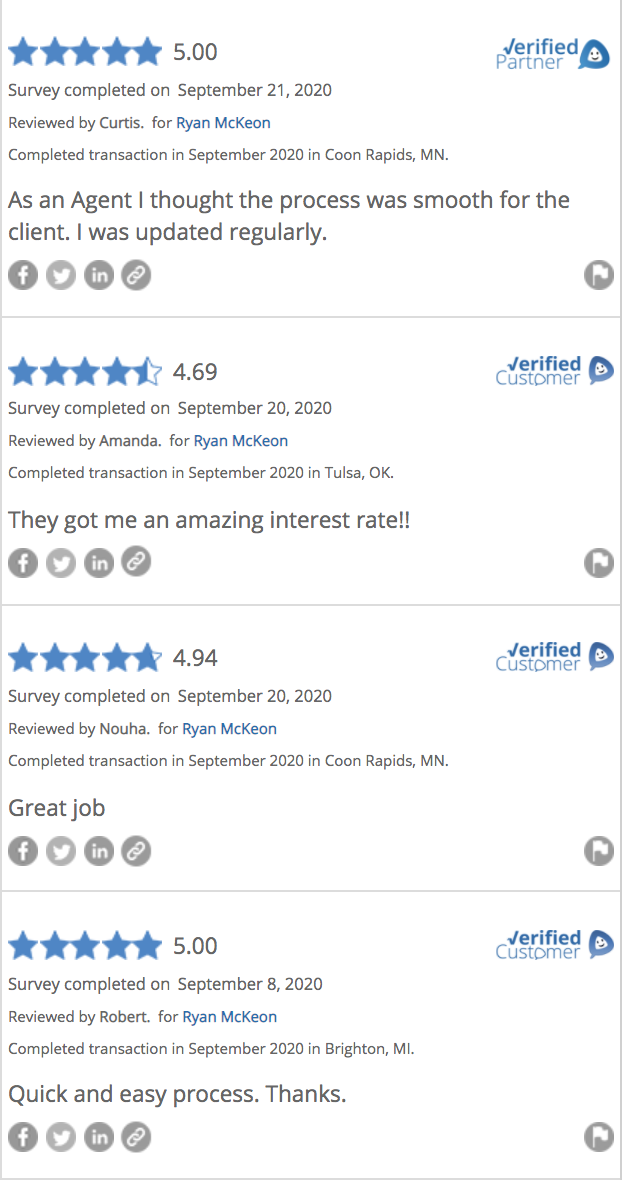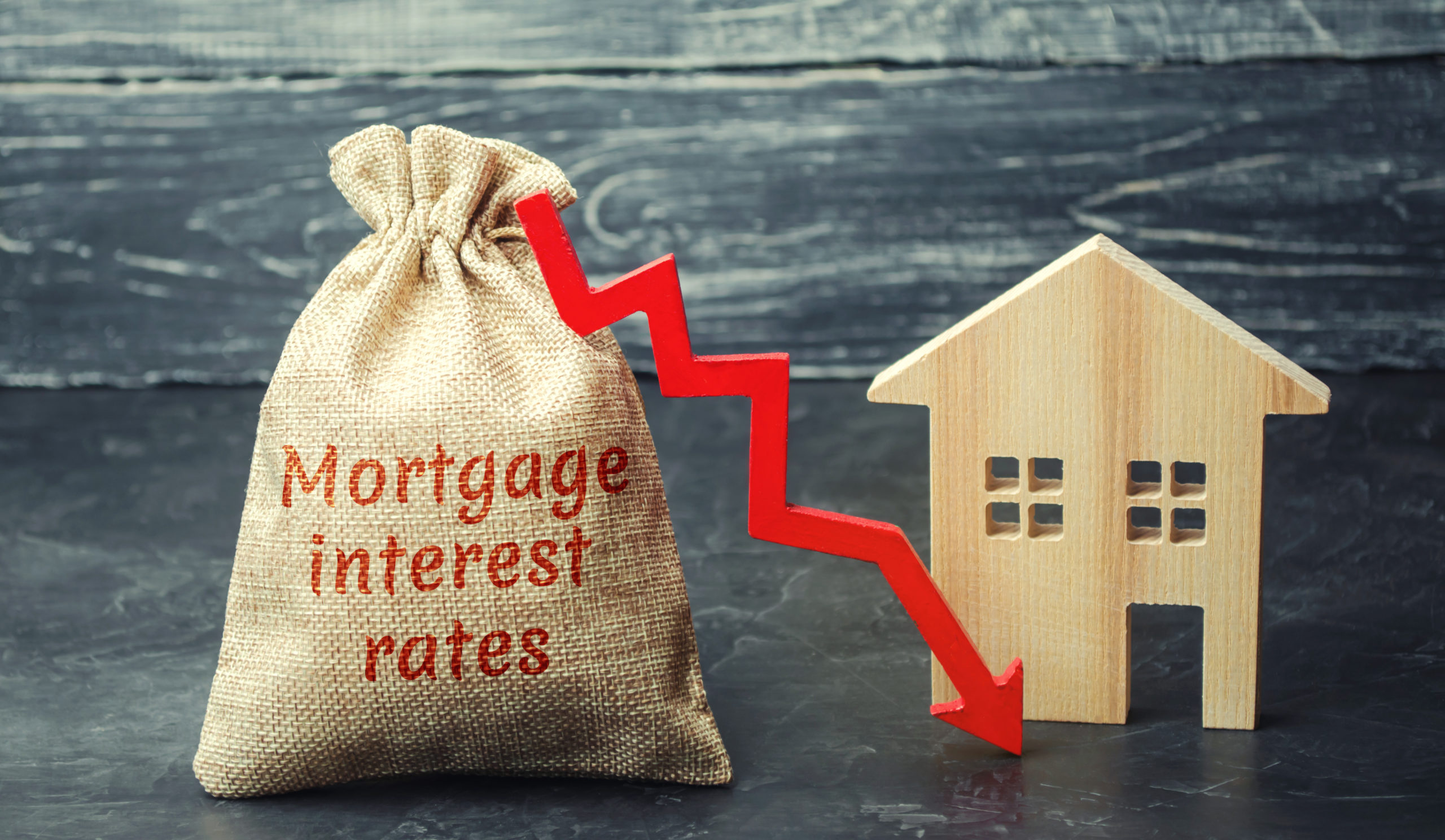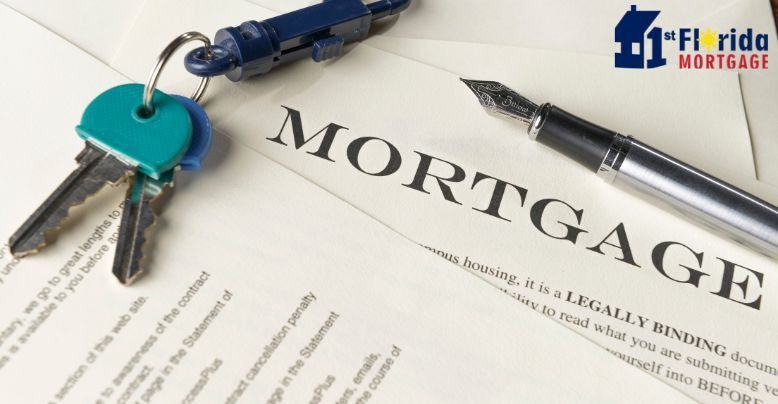It’s overwhelming to think about the numerous types of insurance available during the home buying process. You already have so much to do between packing, scheduling movers, and closing on your home. Do you really have to jump through more hoops?
Unfortunately, yes. No sensible car owner would drive without insurance, so it figures that no new homeowner should be without insurance, either.
No matter what type, the fundamental idea behind various forms of real estate insurance is to protect owners from unexpected events. If something goes wrong, insurance can be the bargain of a lifetime. There are various forms of insurance associated with home ownership, including these major types:
Title Insurance
Title insurance is purchased with a one-time fee at closing. Title insurance is important because it protects owners in the event the title to the property is found to be invalid. Coverage of this type of insurance includes lenders policies. These protect buyers up to the mortgage value of the property. Owners coverage protects owners up to the purchase price. In other words, owners coverage protects both the mortgage amount and the value of the down payment.
Homeowners insurance
This insurance provides fire, theft, and liability coverage. Homeowners policies are required by lenders. Homeowners insurance can cover a surprising number of items. This can include such property as wedding rings, furniture, and home office equipment. Homeowners insurance can be separated into five key areas that owners are protected against. These include damage to the home, personal property, liability, medical payments, and loss of use.
Dwelling coverage
Pays for damage to your home and unattached structures, such as sheds, fences, and garages up to the limit you specify.
Personal property
Repairs or replaces the contents inside your home, such as furniture, appliances, and clothing, should they be damaged or stolen.
Liability protection
Protects you should someone injure themselves on your property and then file a claim against you.
Medical payments
Covers the medical bills associated with an injury that occurred on your property. This might include copayments, MRIs, CAT scans, EKGs, and so forth.
Loss of use
This helps pay for living expenses after you’ve filed a claim. You’d need this type of coverage if your home is too damaged to occupy while repairs are being made.
Flood insurance
This is generally required in high-risk, flood-prone areas. Flood insurance is issued by the federal government. It provides as much as $250,000 in coverage for a single-family home, plus $100,000 for contents. Your realtor can explain which locations require such coverage.
Earthquake insurance
Optional coverage that protects your home in the event of an earthquake. Western states are more prone to earthquakes, while eastern states have a relatively lower risk. Some insurance companies consider earthquake insurance an add-on to a standard homeowner’s policy. Others may make you purchase as standalone insurance.
Home warranties
A home warranty assures that if something goes wrong after completion, the builder will be there to make repairs. But what if the builder refuses to do the work or goes out of business? Home warranties bought from third parties by home builders are generally designed to provide several forms of protection, typically:
- workmanship for the first year
- mechanical problems such as plumbing and wiring for the first two years
- structural defects for up to 10 years
Home warranties for existing homes are usually one-year service agreements purchased by sellers. If your home has a covered defect or breakdown, the warranty firm makes the repair or cover its cost. Insurance policies and warranties have limitations and individual programs have different levels of coverage, deductibles and costs.




